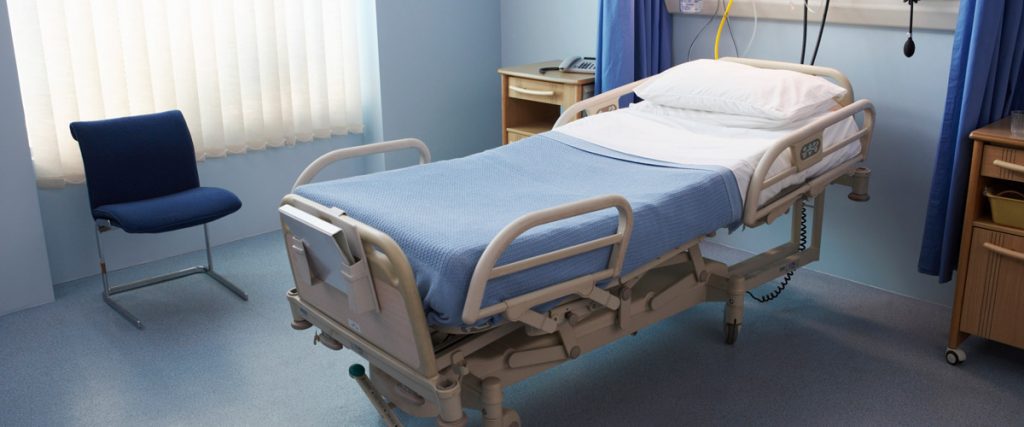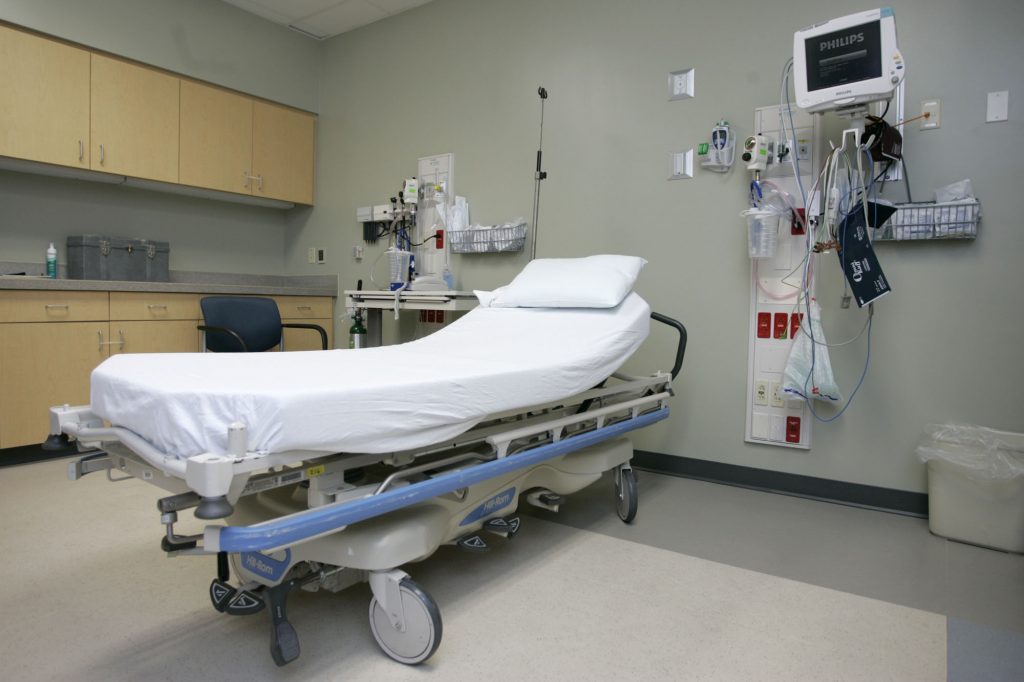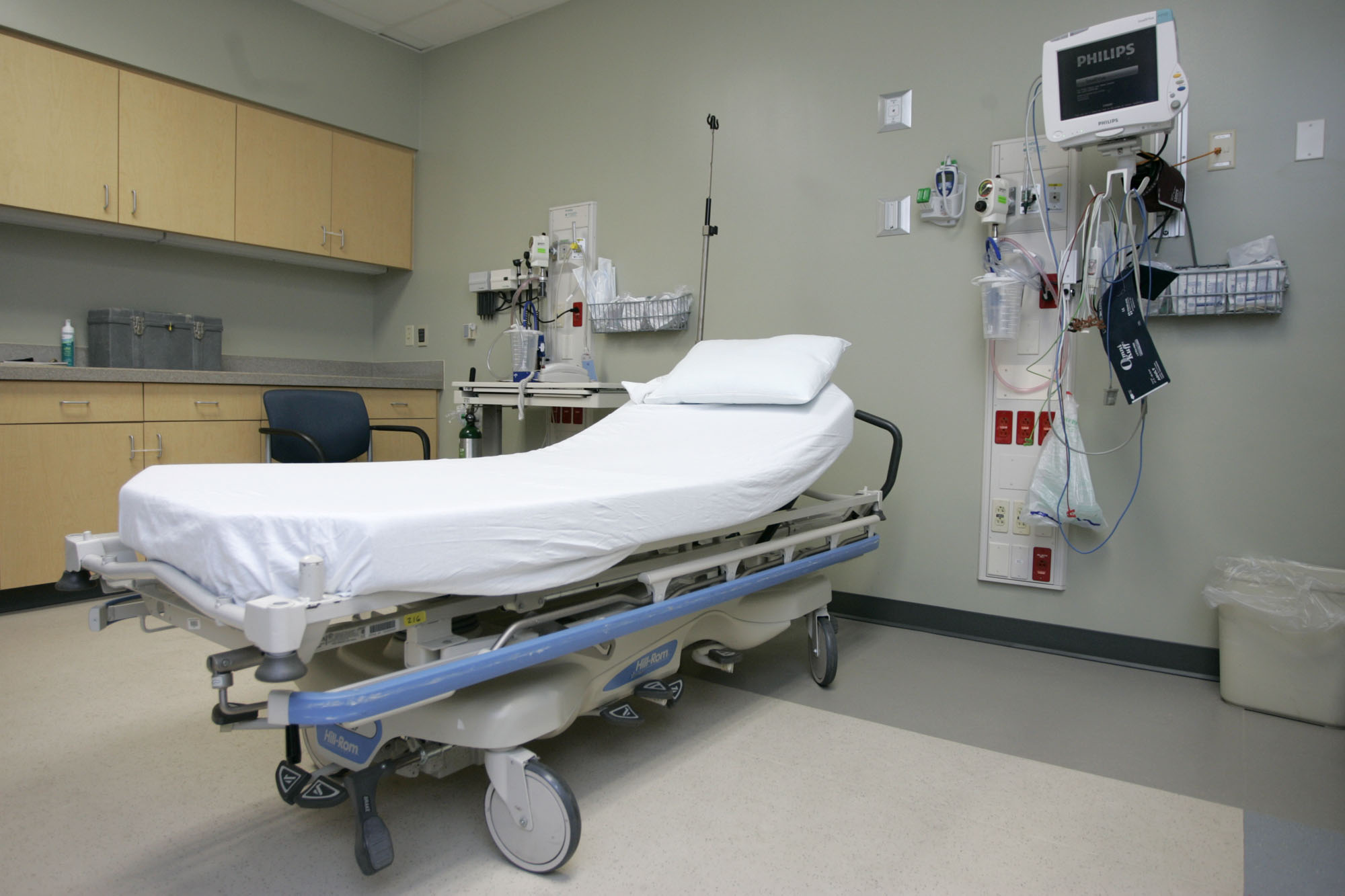
If you have an elderly patient that has recently returned after staying in the hospital, you may consider getting a medical bed for them. When a person becomes ill or is suffering from some disease, they become unable to lead a normal life. It is important to take good care of them to ensure their health does not deteriorate any further. If a patient has become immobile, it is important to ensure that they do not get bed sores. They must feel comfortable when resting down or laying on the bed. So, you should get a hospital bed for the patient in your family. If you have no prior experience buying hospital beds, you should know how to pick medical beds in Australia.
Medical beds are specialized beds meant for the elderly and patients. They are designed in such a manner that allows them to comfortably rest on them. The medical beds have a number of features that make life easier for patients. When you are going to buy medical beds, you would find different types available on the market in the Australian cities. You should know how to pick medical beds in Australia so that you pick up the right one for your patient family member.

When it comes to buying medical beds, you may choose to buy a manual bed or an automatic one. When you are looking to buy automatic medical beds, you can choose either fully automatic ones or semi-automatic ones. There are medical beds available that have the provision to attach some additional equipment for the convenience of the patients. Before you buy any medical bed for your patient, you should ascertain their health problem and understand their difficulties first. When you have done that, you can buy the most appropriate medical bed for your patient.
Shakshi Talwar
Recent Posts
- Castor Oil For Better Hair Growth: Is It Myth Or Fact?
- Exploring the Differences Between Sermorelin, Ipamorelin, Ibutamoren, GHRP2, and GHRP6: Understanding Their Role in Human Growth Hormone Regulation
- Unraveling the Mystery: Understanding the Causes and Prognosis of Ventricular Tachycardia Without Apparent Heart Disease
- Understanding Grandparents’ Rights in Oklahoma: Navigating Visitation and Legal Protections
- 10 Reasons to Consider Hypnotherapy for Your Health

